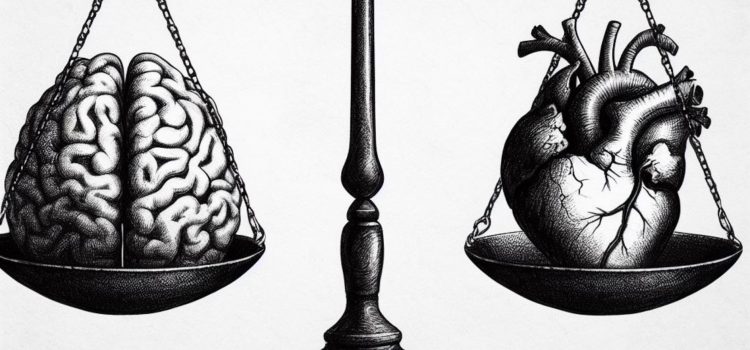How do you know whether reason or emotion is the right voice to listen to? What’s the best way to make decisions? Reason and emotion both have a role to play in making decisions and living a good life, and philosophers have suggested choosing reason over emotion or aligning reason and emotion. Understanding each of these perspectives can help you live life better. Keep reading for more on living a rational life and balancing reason with emotion.
Reason and Emotion: How to Decide Which to Listen To










